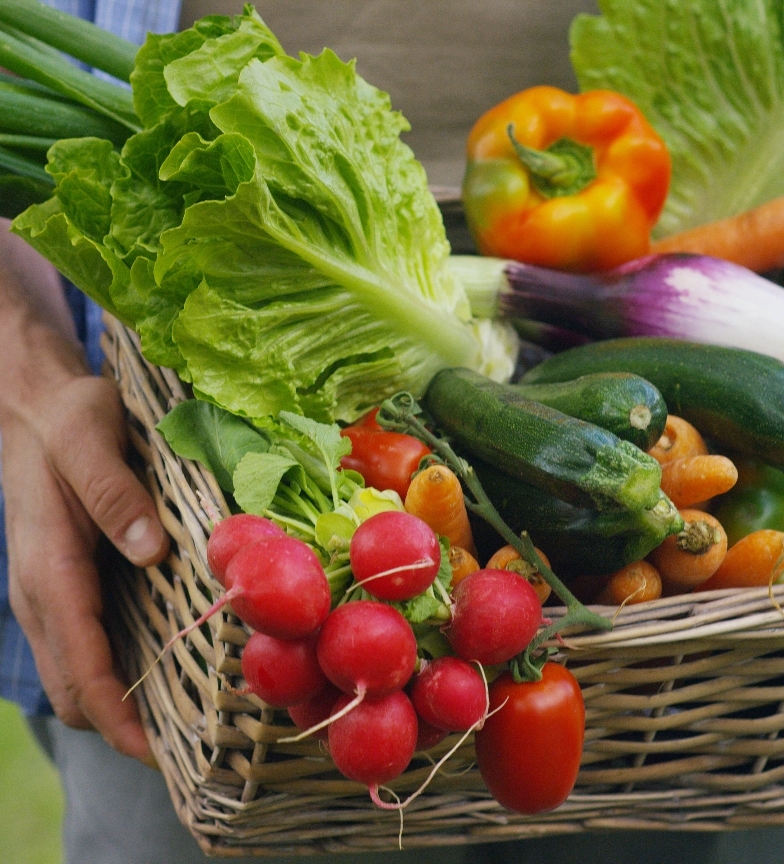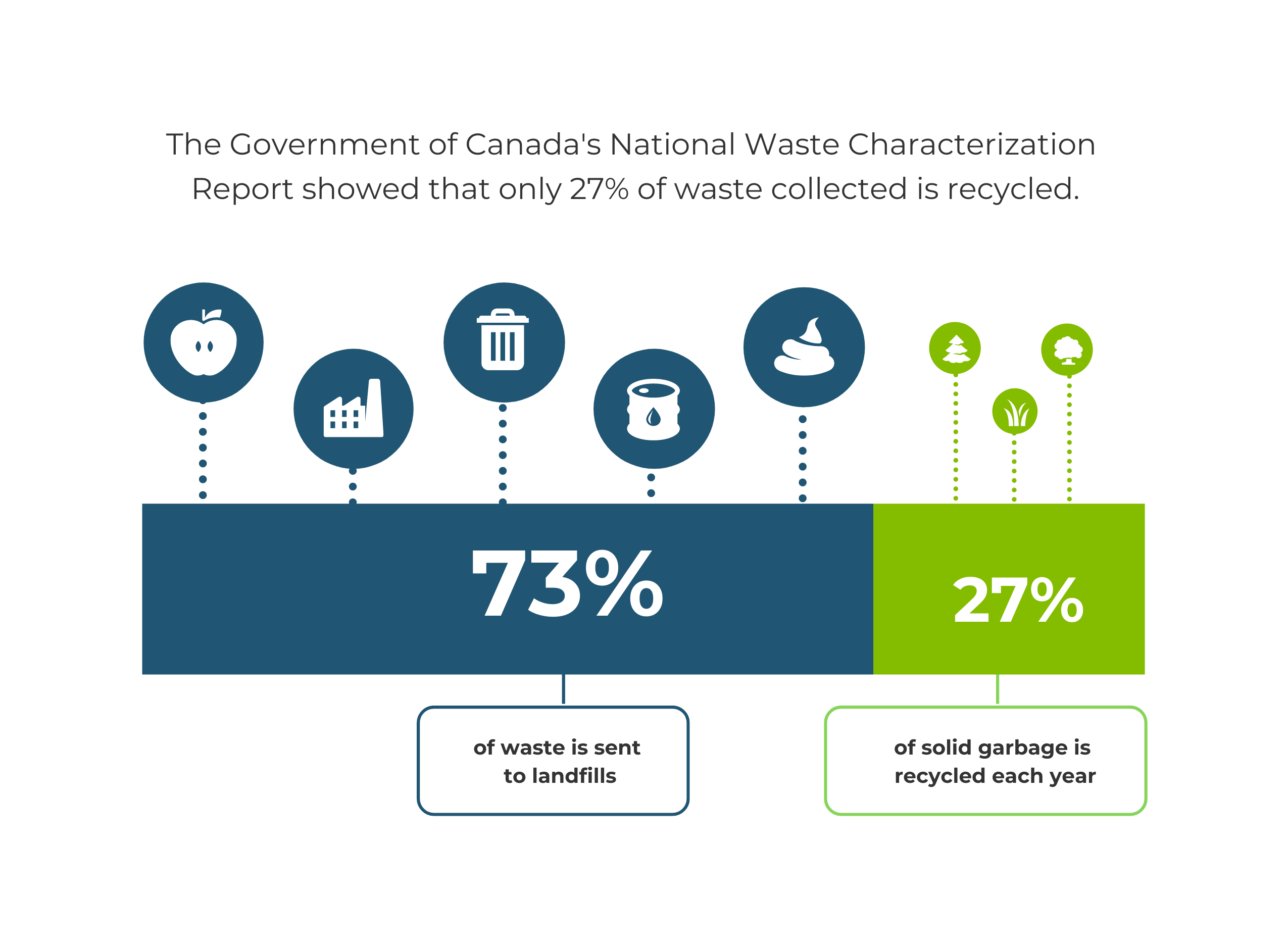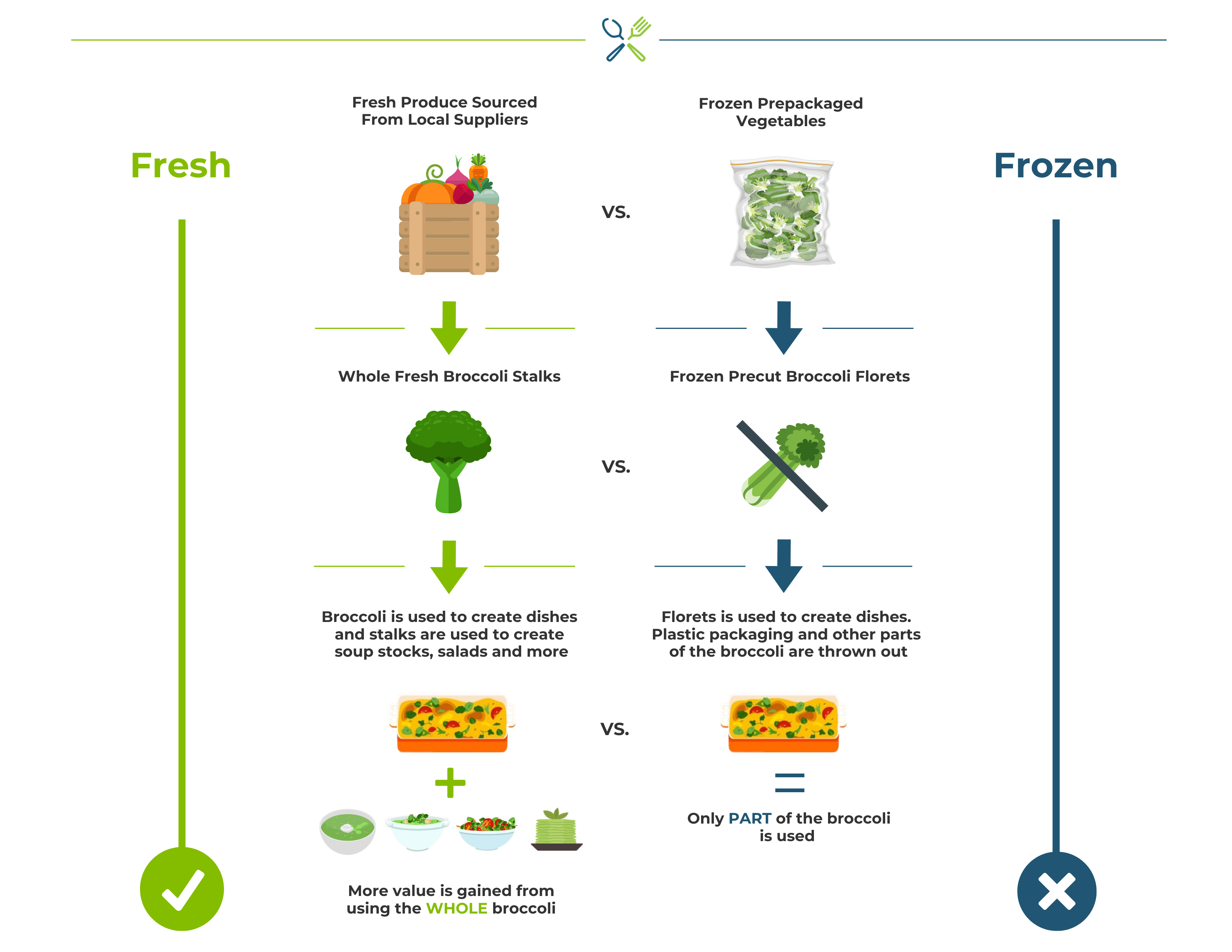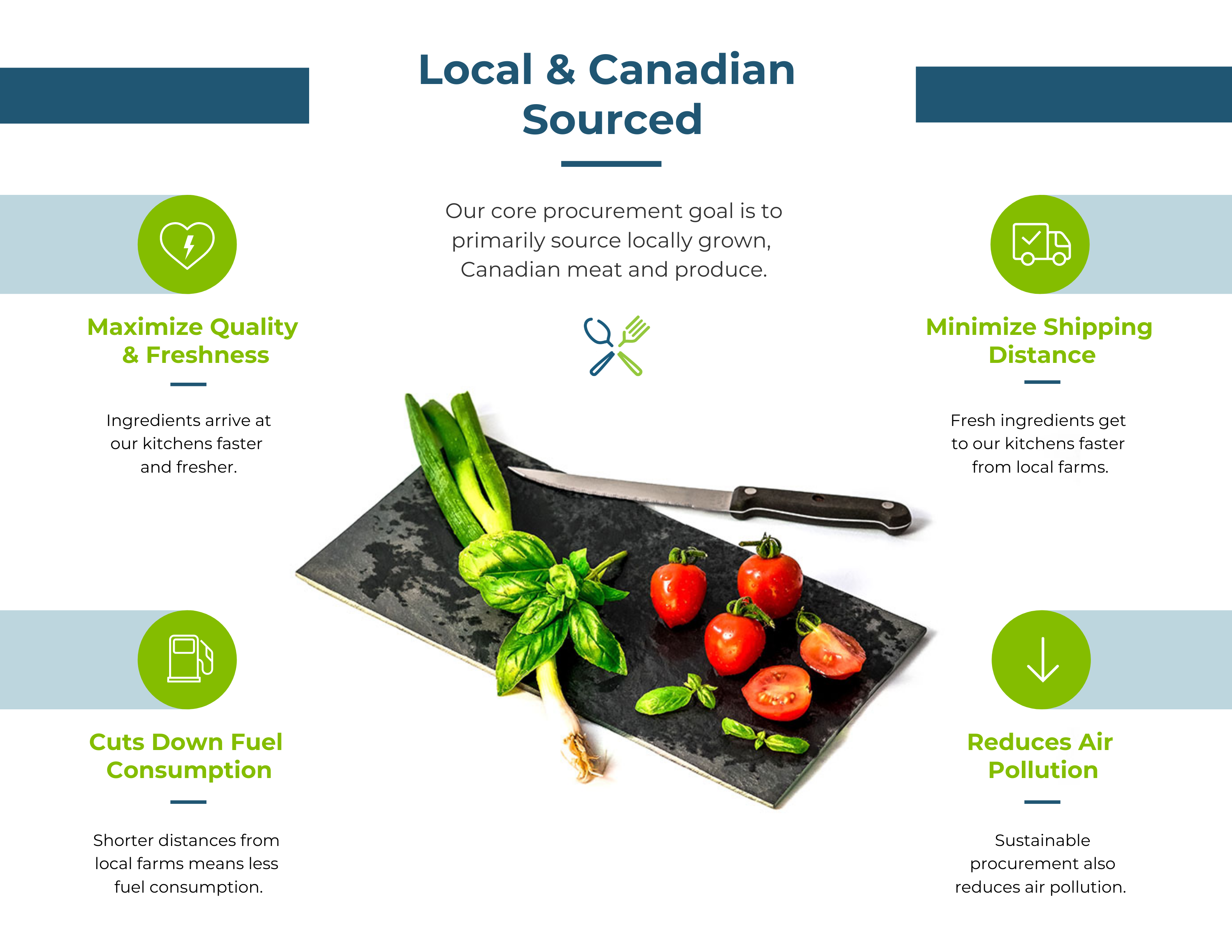

 " alt="A poke bowl">
" alt="A poke bowl"> " alt="Fresh vegetables in a basket">
" alt="Fresh vegetables in a basket">Let’s talk food waste. Food wastage is a significant problem in Canada – many don’t realize just how significant food waste is in our own communities. Canada ranks among the biggest food wasters in the world. According to a recent study, an estimated 58% of food produced in the country is wasted, amounting to approximately 35 million tonnes per year.

Let’s highlight a few stats about food waste in Canada that are alarming:
These food waste statistics make it abundantly clear – minimizing food waste is imperative.
Now that we know the impact of the current food waste, let’s look at why strategies to reduce it makes a difference. Reducing food waste has many environmental, social, and economic benefits. Some of these benefits include:
Overall, minimizing food waste is a critical step in creating a sustainable food system that benefits everyone.
Food waste can be avoided by implementing several strategies, such as:
At Dana, we are determined to do our part in reducing food waste. Our people and chefs are educated on sustainable food practices and how to minimize food waste in our operations wherever they can. When there is surplus food, we do our best to donate to food banks or food recovery organizations. We look for simple solutions such as adjusting portion sizes, adapting to changes in demand, and avoiding mistakes in preparation to avoid waste.
We also conduct regular food waste audits and create monthly data reports. We use this data to inform and continuously improve our strategies to reduce food waste and better our local communities – all while still maintaining our reputation to serve delicious, well-balanced meals.
We use our five pillars of sustainability include:
From our senior leaders to our front-line staff, we all stand by our scratch, fresh, local philosophy.
An example of how we reduce waste, improve efficiency, and show creativity in the use of our ingredients is outlined below with fresh versus frozen broccoli. By procuring fresh, local broccoli and utilizing the entire vegetable we save time on processing steps, such as cutting and packaging, reduce wastage, and create delicious, healthy dishes from portions of the stalk that would otherwise be thrown out or unused. We currently use broccoli stalks to create soup bases, we shave it for salads and even use portions of it to create “green” pancakes that are a guest favourite!

According to Canadian food waste statistics, 396 kilograms of food are wasted annually per capita while getting from the farm to the table. At Dana, we do our best to lower our environmental impact through sourcing with local providers.

Using local produce in key because it has several sustainability and community benefits, including:
Additionally, partnering with local providers means food is fresher and tastier. Local produce is often harvested just before use, ensuring that it’s fresher and has a better flavour than produce that has been transported long distances.
Fighting food waste is a daily effort. Together as a community, let’s do all we can to execute strategies that help us reduce our carbon footprint and eliminate waste as we build a more sustainable future.
Are you looking for a food service partner that prioritizes sustainable food practices? Reach out to us today!
Want to learn more about how Dana can make a difference with its food service offerings? Get in touch with our team today!